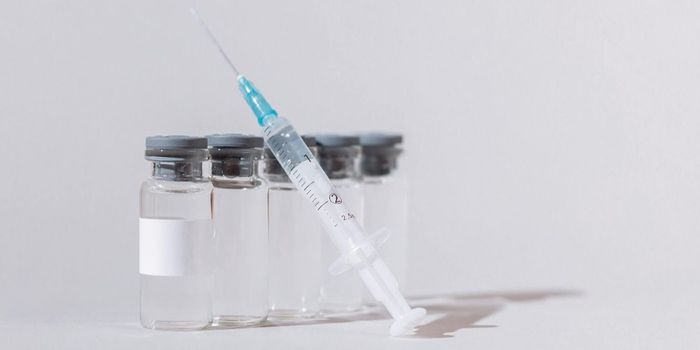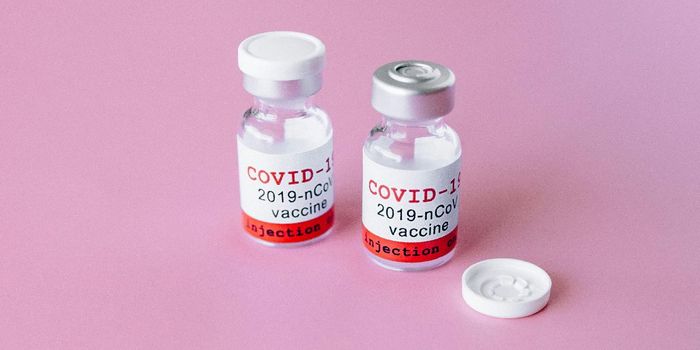Sniper Precision in the Immune Response to Infection
The green pus you see if a wound is infected is gross, but it’s also a sign that the immune system has things under control. An enzyme called myeloperoxidase (MPO) has a direct effect on pathogenic cells that almost entirely keeps host cells unaffected, and green pus is just a sign that it’s working.
Image: The enzyme MPO produces an aggressive acid which burns a hole into the bacterial cell envelope and kills the bacterium without damaging the surrounding tissue. Credit: University of Basel, Biozentrum
Because of MPO’s ability to single out pathogen cells during an infection, researchers from the University of Basel decided to study the enzyme in more detail. They found that while white blood cells fight infection by releasing hydrogen peroxide, a chemical toxic to bacterial cells, MPO attaches directly to the surface of a pathogen.Then, the enzyme converts the hydrogen peroxide from white blood cells into hypochlorous acid, which is extremely aggressive and instantly kills the pathogen to which MPO is attached with sniper precision.
"As hypochloric acid is so highly reactive, the bomb reacts immediately with the closest biomolecules. It is ignited locally and does not spread to the wider surroundings,” explained Dirk Bumann. “The bacteria die and the surrounding tissue is spared."
Bumann and other researchers studied a rare mutation that causes affected individuals to lack MPO. Only one in about 5000 people lack MPO due to this genetic defect, and for these individuals, hydrogen peroxide is not converted into hypochlorous acid, and so it collects until it leaks out into the blood cells and surrounding tissue, damaging bacteria, blood cells, and nearby tissues.
"The collateral damage of blood cells and tissues without MPO may cause long-term consequences such as accelerated aging and cancer, but this has not yet been systematically investigated," explained Nina Khanna.
The new study findings provide promise for the development of new drugs that boost the MPO presence during an infection. "Currently, only drugs that do the opposite and inhibit MPO are being developed. The reason is that MPO can have negative effects in the case of heart disease," Bumann said.
A key part of the immune response to infection involves killing the invaders without damaging too much host tissue. This study shows that MPO is at the center of the body’s ability to do this, a good sign for researchers in pursuit of new approaches for immunity strengthening therapies.
The present study was recently published in the journal Nature Microbiology.
Source: University of Basel









